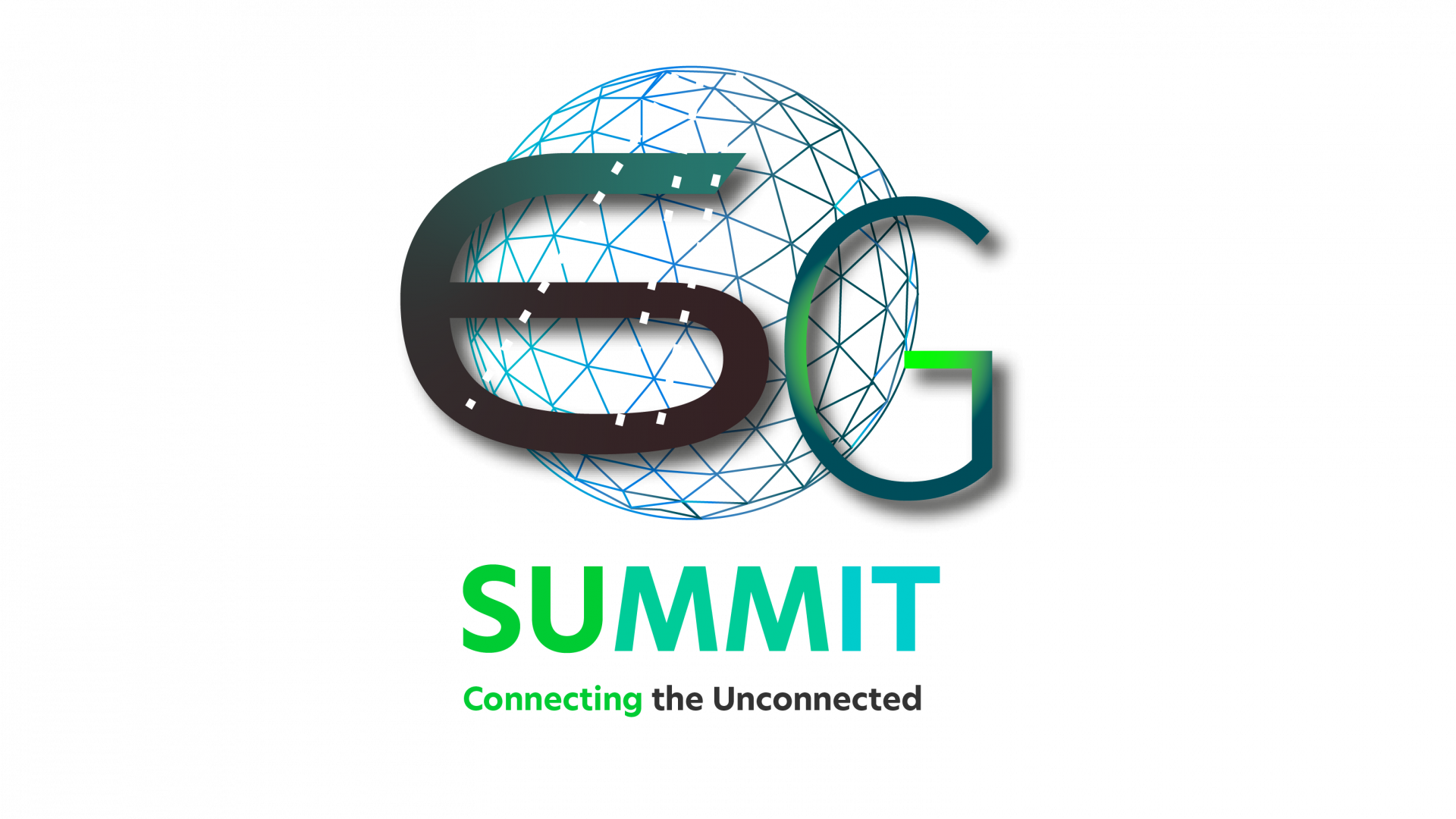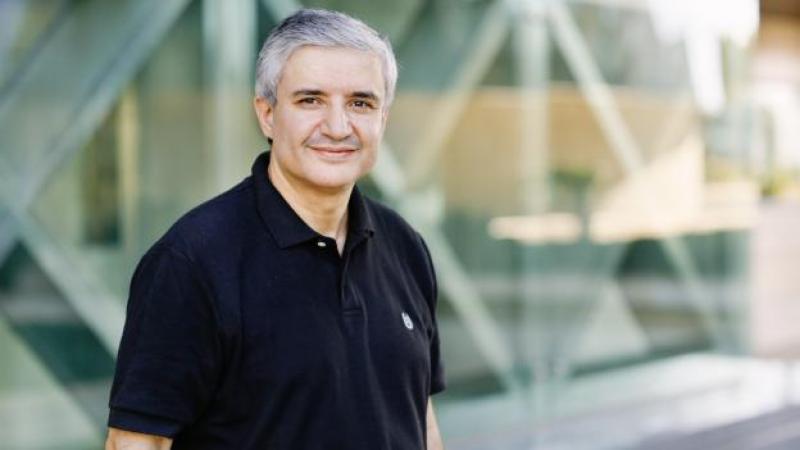By David Murphy
The inaugural 6G Summit on "Connecting the Unconnected" took place on Tuesday, October 27, and featured a host of international researchers and experts in the areas of Internet and Communication Technology (ICT) and Wireless Communications System (WCS). The one-day online event, organized by KAUST Professor Mohamed Slim Alouini, brought together some of the brightest minds in academia and industry to analyze and discuss recently proposed solutions to provide high-speed internet connectivity in under-covered, and under-developed regions of the world.
Among the notable line-up of participants were Prof. Mounir Frikha, general co-chair of ComNet 2020; Dr. Bilel Jamoussi, chief of the ITU's Study Groups Department of Standardization Bureau; Eng. Margo Deckard, co-founder and COO of Lynk Global; Dr. Satya N. Gupta, secretary-general of the ITU-APT Foundation of India, and Eng. Ben Glass, CEO/CTO of Altaeros.
Throughout the day, twenty-four invited speakers covered numerous topics. These topics included improving cellular architecture to serve rural areas; closing the "digital divide" between rural and urban centers; enabling rural prosperity through broadband-enabled initiatives; next-generation wireless connectivity; the future of 5G and 6G; using the internet to create opportunities in local economies, e-healthcare, education, and emergency communications, among other topics raised.
Reducing the inequality between the haves and the have-nots
In her presentation, Margo Deckard noted that the continued strengthening of connectivity between networks and users will lead to a host of advancements: "Last-mile connectivity will make possible closing the gender gap, mobile health applications, mobile banking, emergency communication, and resilient agriculture."
In his opening address, Prof. Alouini emphasized the need for increased connectivity. "6G technology should also be about connecting the unconnected. 6G research should aim to reduce the inequality between the haves and the have-nots in a digital context. Internet access should be considered a basic human right," he noted.
Under the umbrella theme of "connecting the unconnected," the participants agreed upon the necessity to address the digital needs of the four billion people worldwide who still live “unconnected” from the internet. Guest speakers also highlighted the desire for global innovation in WCS technology, together with a collective, sustained research output to provide ICT infrastructure solutions to the parts of the world that need it the most.
“We are currently actively working on addressing the uneven global distribution, access to, and use of ICT by studying and developing new generations of aerial and space networks as a solution to provide connectivity to far-flung or less-populated areas and we plan to organize similar summits/workshops in the future to get some valuable updates from some of the main players in this area,” Alouini concluded.

